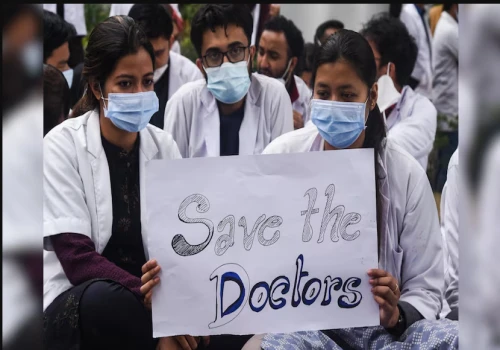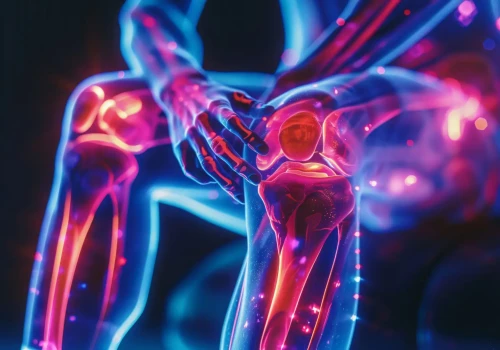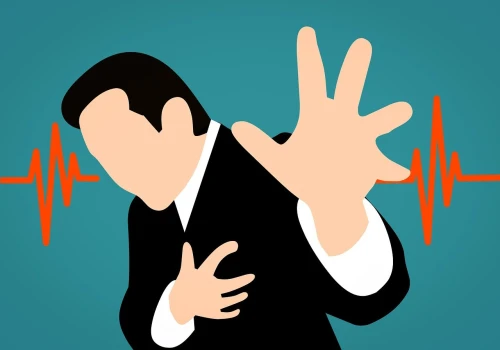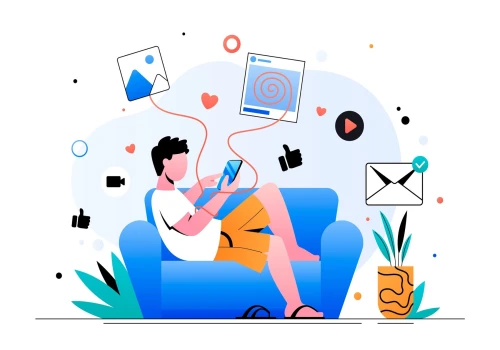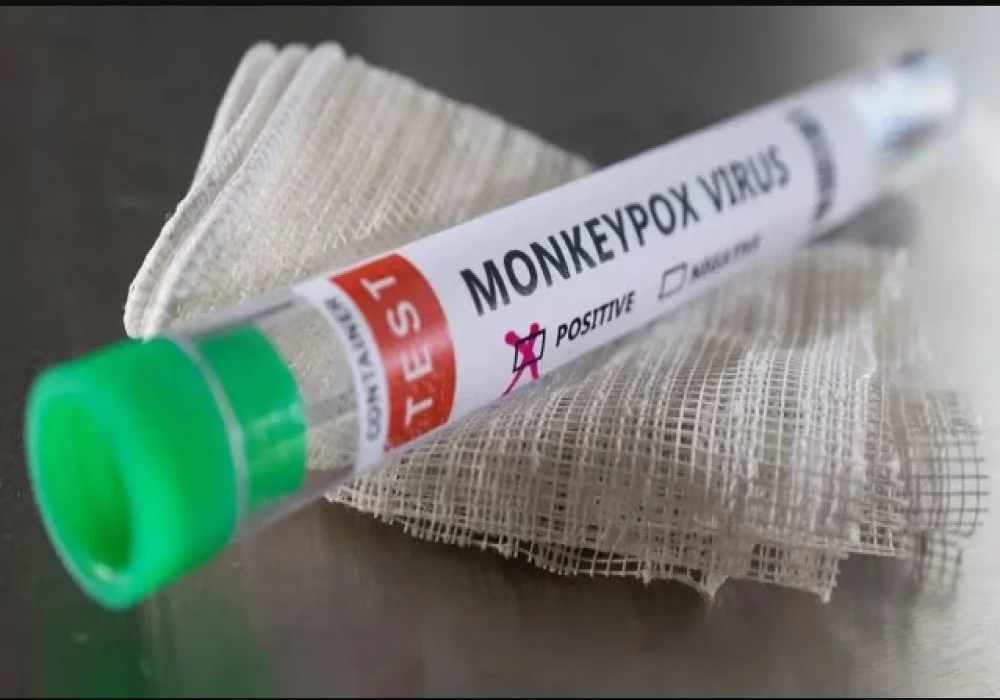
What is Monkeypox Virus?
Monkeypox is a rare disease caused by the monkeypox virus. It was first found in monkeys in Africa, but now it affects humans too. This disease is similar to smallpox, but it is less severe.
Global Health Emergency
The World Health Organization (WHO) has declared monkeypox a public health emergency of international concern. This designation has been made because monkeypox has severely affected the Democratic Republic of the Congo (DRC) and a growing number of countries in Africa. Since 2022, at least 99,176 cases and 208 deaths have been reported from 116 countries. The spread of a new sexually transmissible strain of the virus is particularly worrisome. This is the second time the viral infection has been declared such an emergency.
Symptoms of Monkeypox
The symptoms of monkeypox can be similar to those of smallpox. They usually appear 7 to 14 days after being exposed to the virus. Here are the common symptoms:
- Fever: You might have a high temperature.
- Headache: Your head might hurt a lot.
- Muscle Aches: Your muscles might feel sore.
- Back Pain: Your back might ache.
- Swollen Lymph Nodes: The glands in your neck, armpits, or groin might swell.
- Chills: You might feel very cold and shiver.
- Fatigue: You might feel very tired.
- Rash: A rash usually starts on the face and spreads to other parts of the body. The rash changes from red spots to bumps, then to blisters, and finally to scabs.
How Monkeypox Spreads
Monkeypox spreads through contact with an infected person or animal. Here are some ways it can spread:
- Direct Contact: Touching the rash or body fluids of an infected person.
- Contaminated Materials: Touching things like bedding or clothes that have been in contact with an infected person.
- Animals: Contact with animals like rodents or monkeys that are infected with the virus.
Prevention Tips
There are ways to reduce your chances of getting monkeypox. Here are some tips to help you stay safe:
- Avoid Contact: Stay away from people who have monkeypox or show symptoms of the disease.
- Practice Good Hygiene: Wash your hands often with soap and water. Use hand sanitizer if soap is not available.
- Wear Protective Clothing: If you need to be around someone who is sick, wear gloves and a mask to protect yourself.
- Clean and Disinfect: Make sure to clean and disinfect surfaces and objects that might have been in contact with the virus.
- Avoid Contact with Animals: Don’t touch animals that look sick or have unusual rashes. Be cautious when handling pets and wild animals.
- Vaccination: If available, get vaccinated against monkeypox. Vaccines can help protect you from getting the disease or reduce its severity.
What to Do if You Get Sick
If you think you might have monkeypox, it’s important to get medical help right away. Here’s what you should do:
- Seek Medical Attention: Contact a healthcare provider to discuss your symptoms and get advice on what to do next.
- Isolate Yourself: Stay away from other people to prevent the virus from spreading. Use a separate room and bathroom if possible.
- Follow Medical Advice: Follow the instructions given by your healthcare provider. This may include taking medications or undergoing tests.
The Importance of Awareness
Being aware of monkeypox and knowing how to prevent it can help protect you and others. Health organizations are working hard to control the outbreak and keep people informed. By following prevention tips and seeking medical help if needed, we can all play a part in stopping the spread of monkeypox.

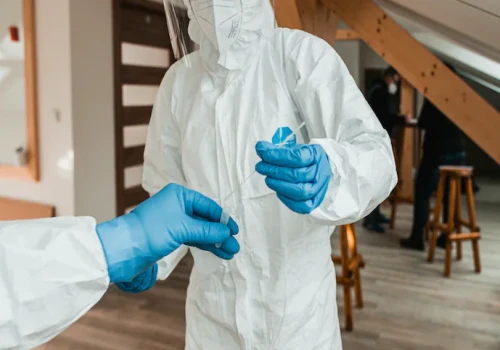
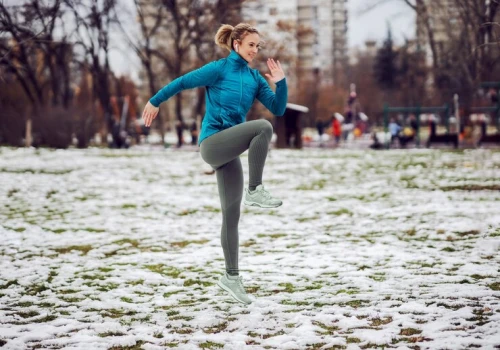

_500_x_350.webp)
